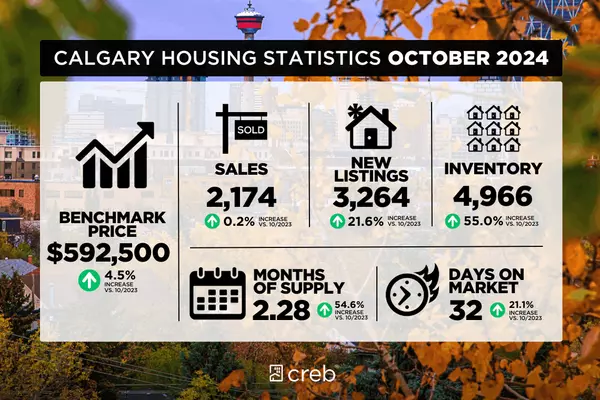Before You Take Out an ARM, Figure Out If You Could Afford Payments at a Higher Interest Rate

An adjustable-rate mortgage can help you buy a house with low monthly payments, but those low payments won’t necessarily last forever. If you’re thinking about taking out an ARM, consider how high your payments might go and how your financial situation might be different in the future.
How an Adjustable-Rate Mortgage Works
An ARM has a low interest rate for the first several years. Once that initial period ends, the interest rate adjusts periodically in response to economic conditions at that time. Your interest rate and monthly payments might go up or down in the future. An ARM has a cap that places a limit on how much the interest rate can rise.
How to Figure Out If an ARM Is Right for You
If you’re considering an ARM, weigh the potential benefits and risks. There’s no way to predict exactly how much your mortgage payments will be several years from now, although you can figure out how high they might go based on the interest rate cap. Your personal circumstances and plans will play a major role in your decision-making process.
If you intend to move before the interest rate resets, you’ll be able to enjoy low payments and not have to worry about higher payments later. If you plan to stay in the house for a long time, the possibility of larger payments might not trouble you if you expect your income to rise or if you have substantial savings.
Your circumstances might change dramatically in the future. For instance, you might lose your job or take a pay cut, or you might have to take time off because of an illness or injury or stay home to care for a child or an elderly parent.
Even if you’re still earning the same amount of money in the future, you might have expenses that you don’t have today. If you have one or more children after you buy a house, you’ll have to fit food, clothing, childcare and other expenses into your monthly budget. You might have to take out a loan to buy a new car, or you might accumulate credit card debt because of a job loss, medical bills, or home repairs.
Those additional costs can strain your budget. A sudden spike in your mortgage payments can make it even harder to make ends meet.
If your interest rate rises in the future, or if you want to avoid a higher rate, you might be able to refinance your mortgage. Your ability to refinance will depend on your credit score, debt-to-income ratio and other factors. You might not be able to refinance if your financial situation worsens and you can’t meet a lender’s criteria.
Make the Decision That’s Right for You
An adjustable-rate mortgage can give you the financial flexibility of low payments for a time, but your payments might jump in the future. Consider how your life might change and figure out if you’re comfortable taking that risk.
Categories
Recent Posts










